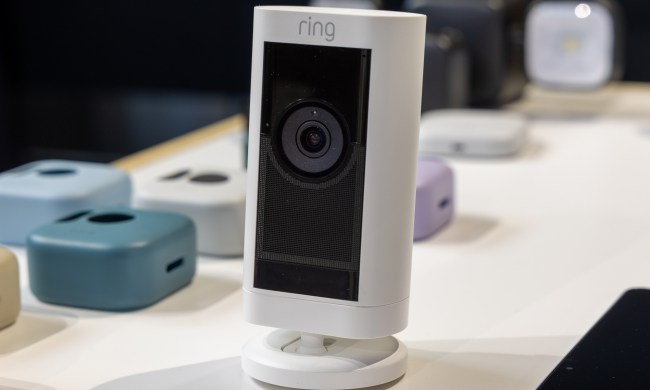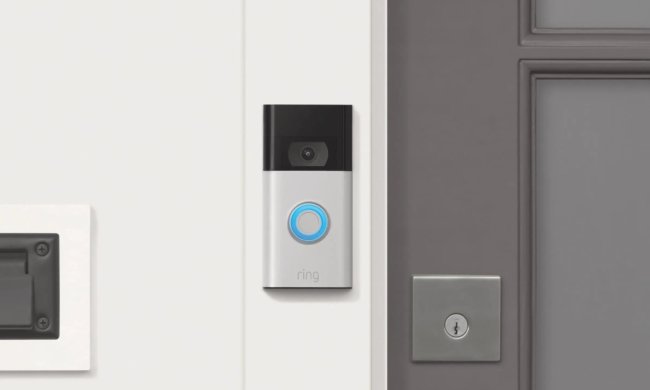Over the past several weeks, owners of the Ring Doorbell Pro reportedly received notifications (with video and all) of homes that were not their own. In other words, users were getting front row seats to someone else’s supposedly secure video feed directly on their own smartphones. As expected, this gaffe has ruffled a few feathers of those using the product, rightfully calling into question the company’s built-in security.
When Ring expanded its lineup of smart doorbells earlier this year, it wasn’t hard to see the benefit of having a doorbell with a built-in camera. Considering most people spend upwards of 40 or 50 hours a week toiling away at work, they can’t always be home to see who stops by. Be it a neighbor simply coming over to say hi or a postman dropping off that box of Amazon Prime goodies you’ve been waiting for, there’s no shortage of reasons why one would desire a live camera feed of who comes to their front door. But looking in on a stranger’s home? Not exactly.
“Security is at the core of our company and this is something Ring takes very seriously,” Ring brand manager Yassi Shahmiri told Android Central. “We use random numbers to generate a call ID from Ring products. We did a very robust Beta test of the new Ring Video Doorbell Pro on experimental software, and when we moved it out of Beta for the commercial launch, some customers’ numbers were in two different databases.”
Shamiri goes on to say that due to the two databases, call ID numbers were “overwritten,” allowing for some video recordings to show up on other users’ devices. Despite the error, Ring says this overlapping of IDs created fewer than 10 occurrences of errant video, out of roughly 4 million calls per day and “84 million calls in total.” Currently, the company says it’s in the process of accurately merging its existing databases which (in theory) would completely erase chances of something like this happening again.



